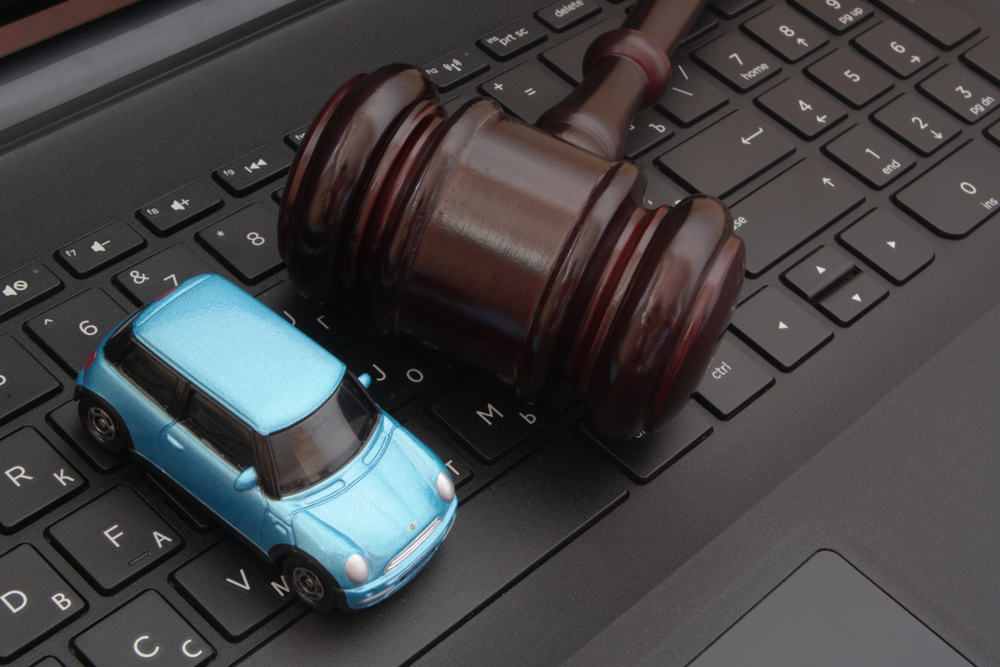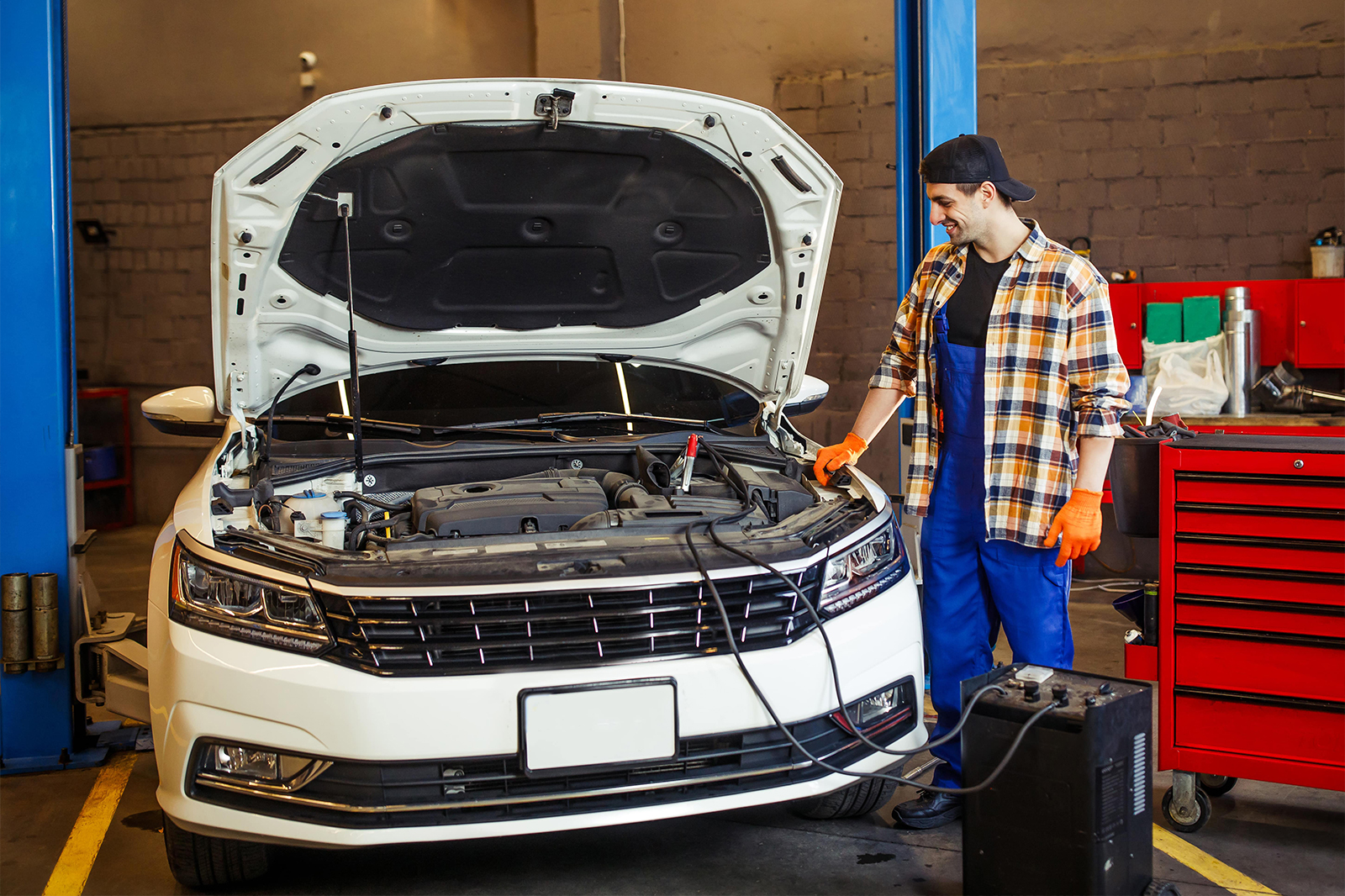
How to Insure a Salvage Title Vehicle Purchased at Auction
Buying a salvage title vehicle at auction can be a great way to get a car at a lower price, but insuring it can be a challenge. Salvage title cars are those that have been deemed a total loss by an insurance company due to damage from an accident, theft, or other incident. In this article, we’ll share some tips on how to insure a salvage title vehicle purchased at auction.
Research your options
Before purchasing a salvage title vehicle at auction, research your insurance options. Not all insurance companies will insure a salvage title vehicle, and those that do may have different requirements or limitations. Some insurance companies may require additional inspections or documentation before allowing a salvage title car to be insured. It’s important to understand these requirements before purchasing the car.
Get a pre-purchase inspection
Before buying a salvage title car at auction, it’s important to have it inspected by a qualified mechanic. A pre-purchase inspection can help you identify any issues or damage that may affect your ability to insure the car or that may require costly repairs in the future.
Get multiple quotes
Once you have purchased the car, get multiple insurance quotes from different companies. Some insurance companies may specialize in insuring salvage title vehicles, while others may be hesitant to insure them. Comparing quotes from multiple companies can help you find the best coverage at the most affordable price.
Consider liability-only coverage
If you have difficulty obtaining full coverage insurance for your salvage title car, consider liability-only coverage. Liability insurance covers damages and injuries you may cause to others in an accident, but it does not cover damage to your own vehicle. While liability-only coverage may not provide full protection for your car, it can be a more affordable option.
Maintain the car well
To keep your salvage title car insurable, it’s important to maintain it well. Keep up with regular maintenance, such as oil changes and tune-ups, and promptly address any issues that arise. Taking good care of your car can help prevent further damage and make it more insurable in the future.
In conclusion, insuring a salvage title vehicle purchased at auction can be challenging, but it’s not impossible. By researching your options, getting a pre-purchase inspection, getting multiple quotes, considering liability-only coverage, and maintaining the car well, you can find affordable insurance for your salvage title car.







